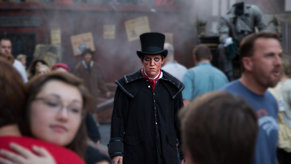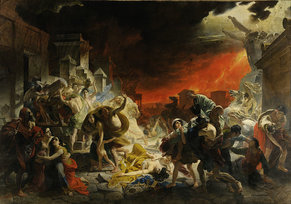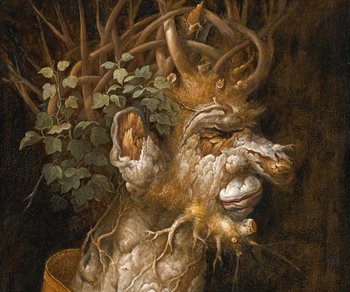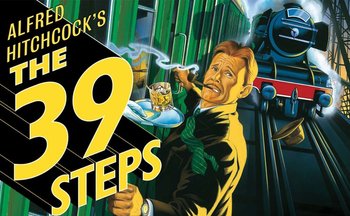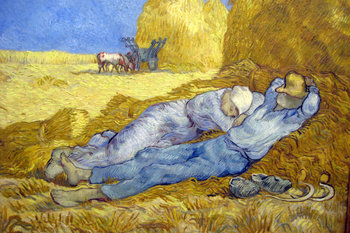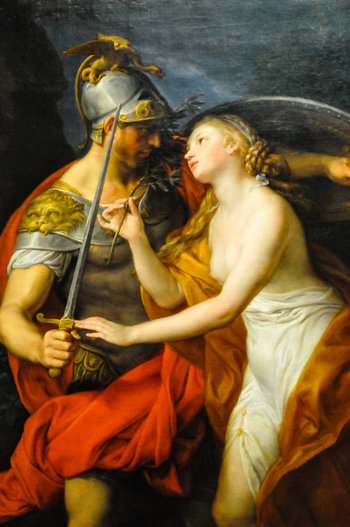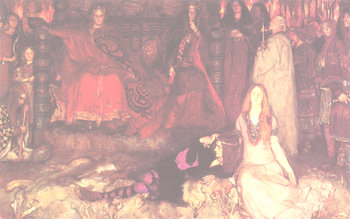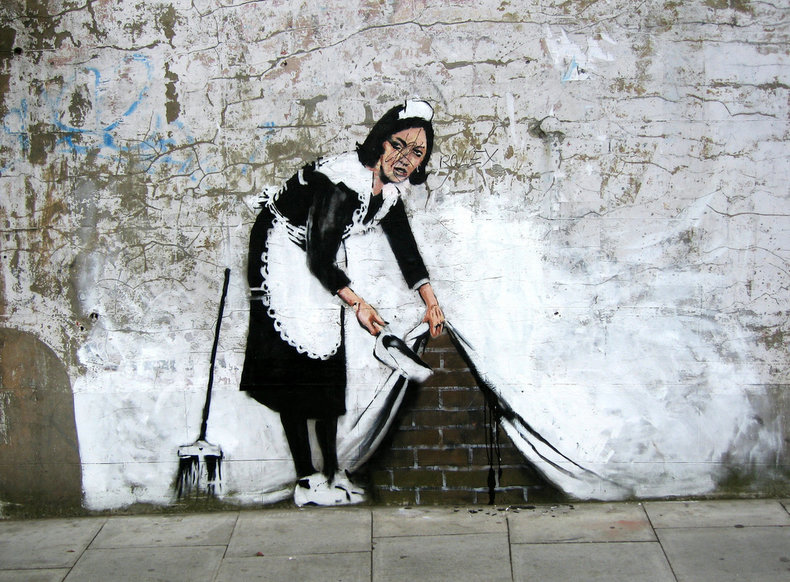
Irony
Statements or situations that are contrary to what one expects. There is no relationship between irony and sarcasm except that irony can be sarcastic.I have nothing but respect for you -- and not much of that.~ Groucho Marx
Flattery
Insincere praise can often be perceived as sarcastic.It's been many years since I had such an exemplary vegetable.~ Jane Austen, Pride and Prejudice
Insult
Sarcasm is often used as an insult. This ranges from unimaginative false praise designed to point out weakness to witty remarks that are cutting and funny at the same time.We can always count on the Americans to do the right thing, after they have exhausted all the other possibilities.~ Winston Churchill
Passive Aggression
Passive aggression is a coping mechanism or bad habit whereby an individual attacks organizations, groups or people without technically breaking any rules. Sarcasm is a light verbal form of passive aggression that wraps an insult in something that is polite on the surface.Next time I see you, remind me not to talk to you.~ Groucho Marx
Humor
Sarcasm is a foundational type of humor.Those who believe in telekinetics, raise my hand.~ Kurt Vonnegut
Satire
Satire is humor that draws attention to political and social issues. It is often sarcastic.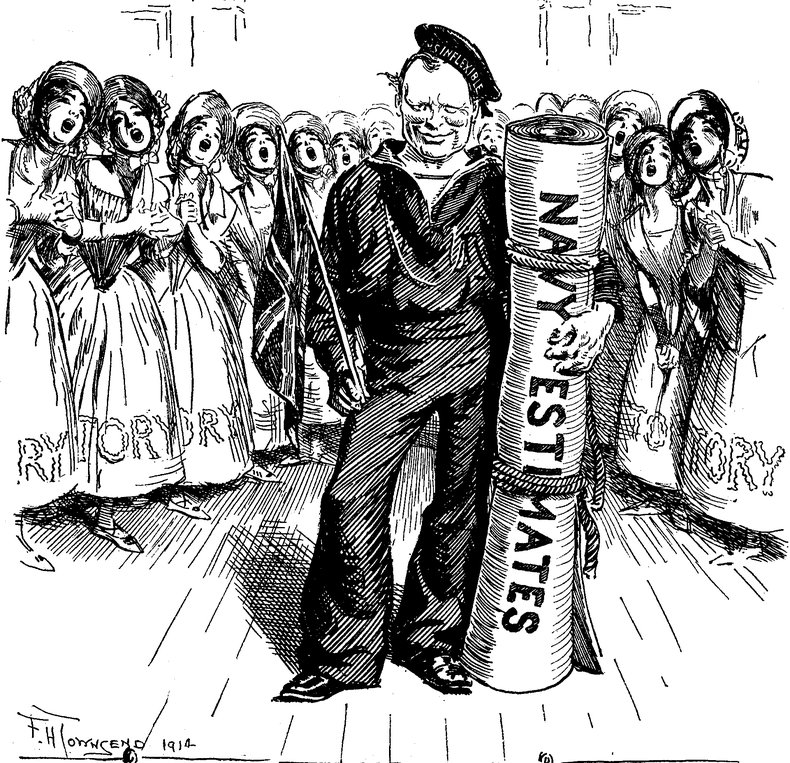
Self Deprecation
Self-deprecation is the act of belittling yourself as a means of humor. According to the philosophy of stoicism, this is an excellent response to insult as it countersignals strength and shows you aren't hurt by an attack. Self-deprecation is also a confident form of humor that is understood and appreciated in cultures such as British culture. Sarcasm is a common form of self-deprecating humor.They all laughed when I said I'd become a comedian. Well, they're not laughing now.~ Bob Monkhouse
Banter
Sarcasm may be used in the friendly exchange of teasing remarks. Banter is considered a social skill and people who have it may reply to sarcasm with wit and enthusiasm as opposed to getting angry.I am enclosing two tickets to the first night of my new play; bring a friend ... if you have one.— George Bernard Shaw, playwright (to Winston Churchill)Cannot possibly attend first night; will attend second, if there is one.— Churchill's response
Dry Sarcasm
Sarcasm that is delivered with such seriousness that you almost question whether it is meant to be sarcastic or not.One might be led to suspect that there were all sorts of things going on in the Universe which he or she did not thoroughly understand.~ Kurt Vonnegut, Slaughterhouse-Five
Idioms
Idioms are phrases that aren't to be taken literary because they have an alternative meaning that is widely understood by the native speakers of a language. It is common for sarcasm to be adopted as an idiom. For example, saying "nice one" when someone makes a mistake.Visual Sarcasm
Visual sarcasm is the use of visual irony to provoke. This is a common form of artistic satire.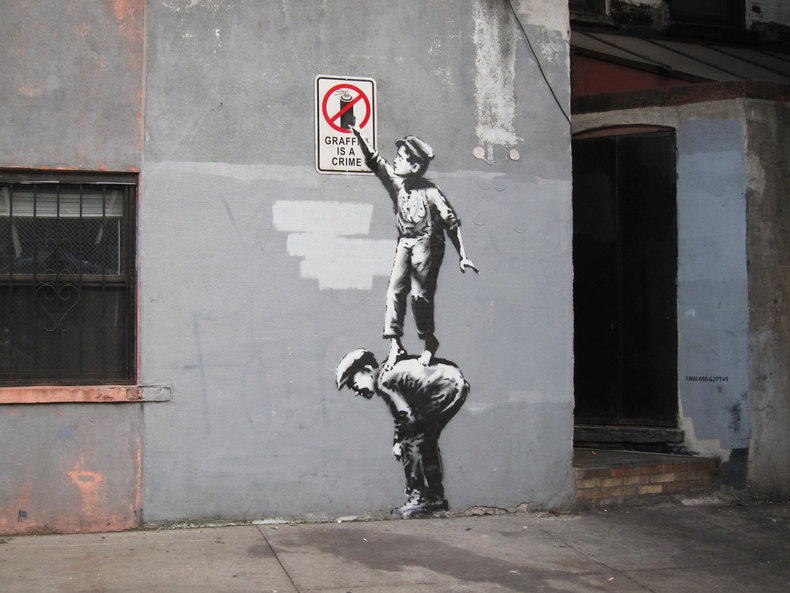
Notes
Sarcasm doesn't translate well and can be an obstacle when learning a second language.It takes zero imagination to generate low quality sarcasm such that it has a reputation for being a refuge of the dull, the vindictive and the witless. However, high quality sarcasm certainly exists. Sarcasm is commonly used by well respected orators, writers, artists and comedians.| Overview: Sarcasm | ||
Type | ||
Definition | An insincere statement designed to provoke. | |
Related Concepts | ||





